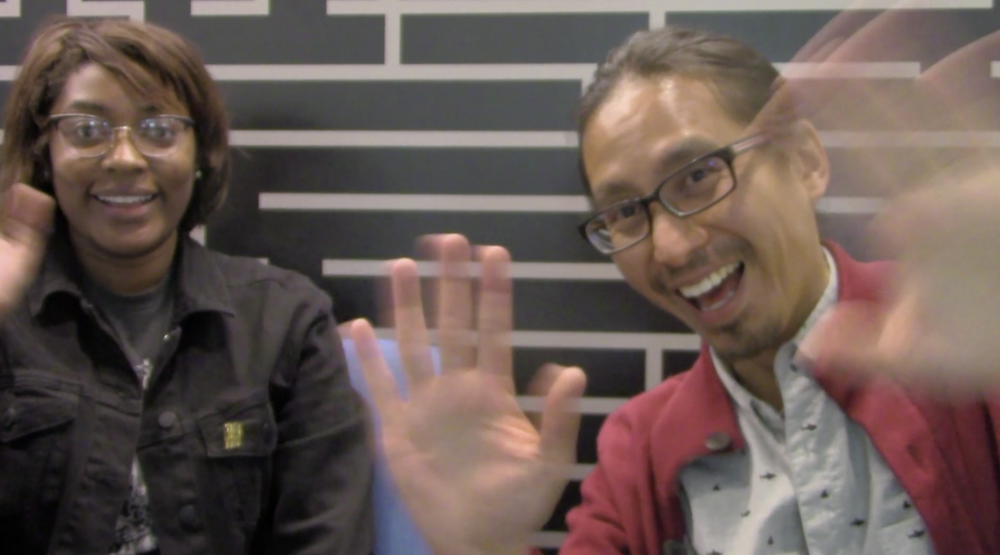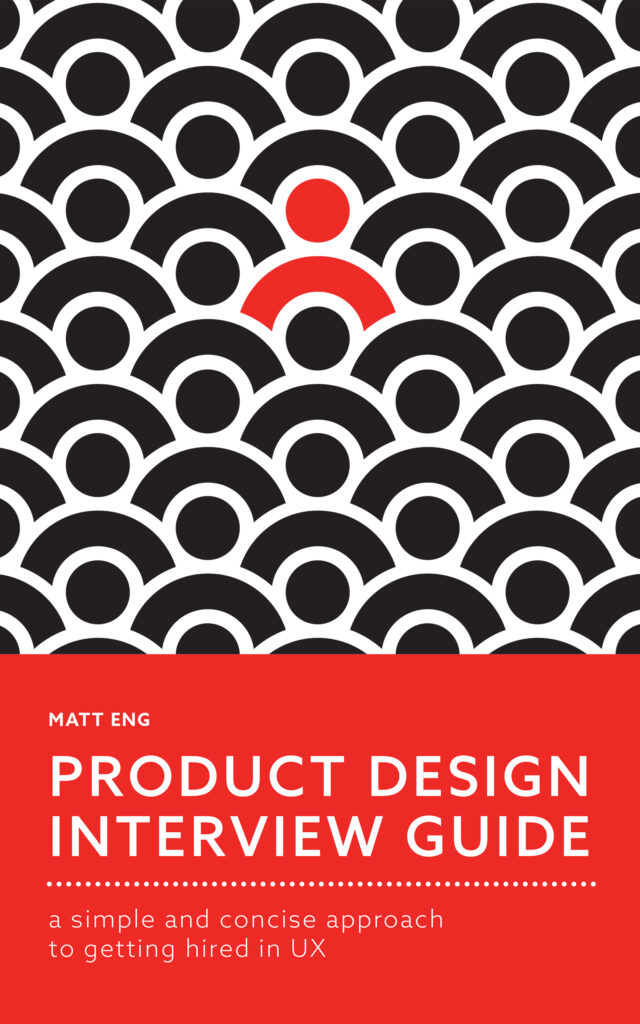This is part one in a two-part series with Alisha Moore on the not-so-clear design path. She is a visual designer for IBM, and she talks about defining her career and how she got started in design during one of the most difficult economic times in recent history. We cover topics such as switching majors, enduring the torturous first job, and the overlooked power of negotiating.
How did you get into design?
I initially went to school to study forensic chemistry to be a CSI kind of person. Then I started taking classes, and I realized that I didn’t want to do any of it. There’s a big pivot, and I started focusing on design and mass communications and public relations.
I wanted to work in that realm, but I wasn’t sure exactly what.
What was it like starting your career during market crash?
I was working in the marketing department for that company, and I would create ads all day for loan programs. That was in 2009, right? The economy was crap, but they were still pushing out all these loan programs for people to buy, to get a mortgage, get a home.
That’s all I was doing (i.e. veteran loans, first time home buyer loans, and teachers). It was just like really mundane.
How did you get into designing software?
I went back to school actually, and I started taking classes at ACC (Austin Community College). That kind of changed how we looked at design.
After ACC, I went to work for a small agency.
Being in an agency as everyone knows: long hours, cranking out a lot of work for little to no pay
How was it working for the agency?
The way you organize ideas and express creativity, it’s just a totally different world. I think there are still issues. I mean like, being in an agency as everyone knows: long hours, cranking out a lot of work for little to no pay. That was an interesting experience.
It was ad agency so I was doing a lot of magazine ads, billboards, and layouts.
How did you get to IBM?
I stay typically really a long period of time at my jobs. That’s only because if I feel like I’m still growing and learning and honing in on skills, I don’t feel like there’s a reason to move on. One of the main reasons I left was the original crew of people I’d been working with had started to leave. It wasn’t as fun or as interesting. It didn’t seem like I was learning new things from my cowers anymore.
How does compensation define your design path?
Then I also found out (at the agency) that one of my coworkers was making significantly more money than I was, and she had just started. Yeah, I think part of it is, and I always tell ladies this especially, negotiate. And I don’t think I did a really good job at initially negotiating because I was just ready to leave my first job.
LinkedIn: linkedin.com/in/alisha-moore
Portfolio: alishamooredesign.com
Download full transcripts
Watch more interviews and videos

